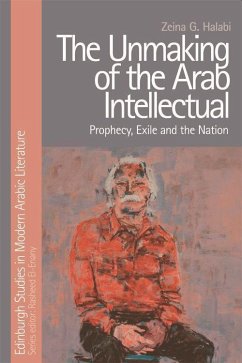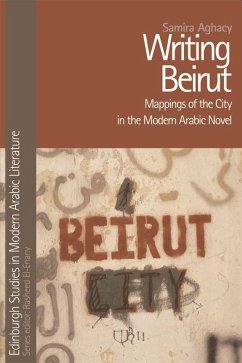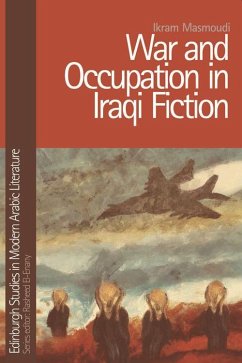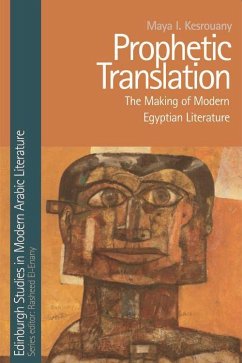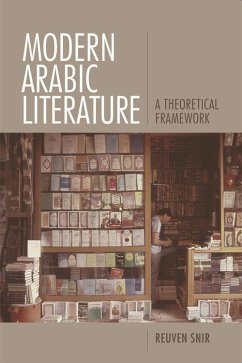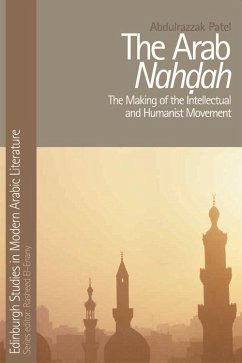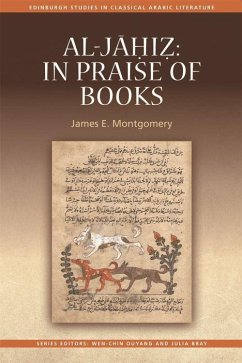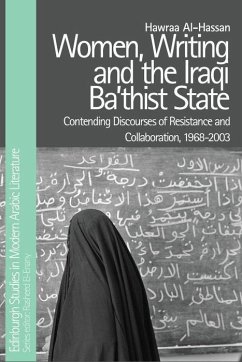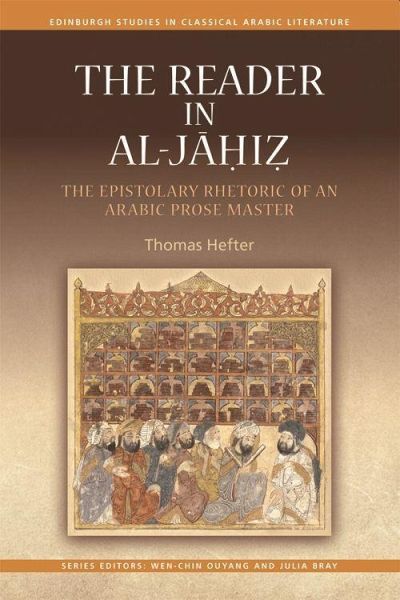
The Reader in Al-Jahiz
The Epistolary Rhetoric of an Arabic Prose Master
Versandkostenfrei!
Versandfertig in über 4 Wochen
122,99 €
inkl. MwSt.
Weitere Ausgaben:

PAYBACK Punkte
61 °P sammeln!
The 9th-century essayist, theologian and encyclopaedist 'Amr b. Ba¿r al-Ja¿i¿ has long been acknowledged as a master of early Arabic prose writing. Many of his most engaging writings were clearly intended for a broad readership but were presented as presented as letters to individuals. Despite the importance and quantity of these letters, surprisingly little academic notice has been paid to them. Now, Thomas Hefter takes a new approach in interpreting some of al-Ja¿i¿'s 'epistolary monographs'. By focussing on the varying ways in which he wrote to the addressee, Hefter shows how al-Ja¿i�...
The 9th-century essayist, theologian and encyclopaedist 'Amr b. Ba¿r al-Ja¿i¿ has long been acknowledged as a master of early Arabic prose writing. Many of his most engaging writings were clearly intended for a broad readership but were presented as presented as letters to individuals. Despite the importance and quantity of these letters, surprisingly little academic notice has been paid to them. Now, Thomas Hefter takes a new approach in interpreting some of al-Ja¿i¿'s 'epistolary monographs'. By focussing on the varying ways in which he wrote to the addressee, Hefter shows how al-Ja¿i¿ shaped his conversations on the page in order to guide (or manipulate) his actual readers and encourage them to engage with his complex materials.




